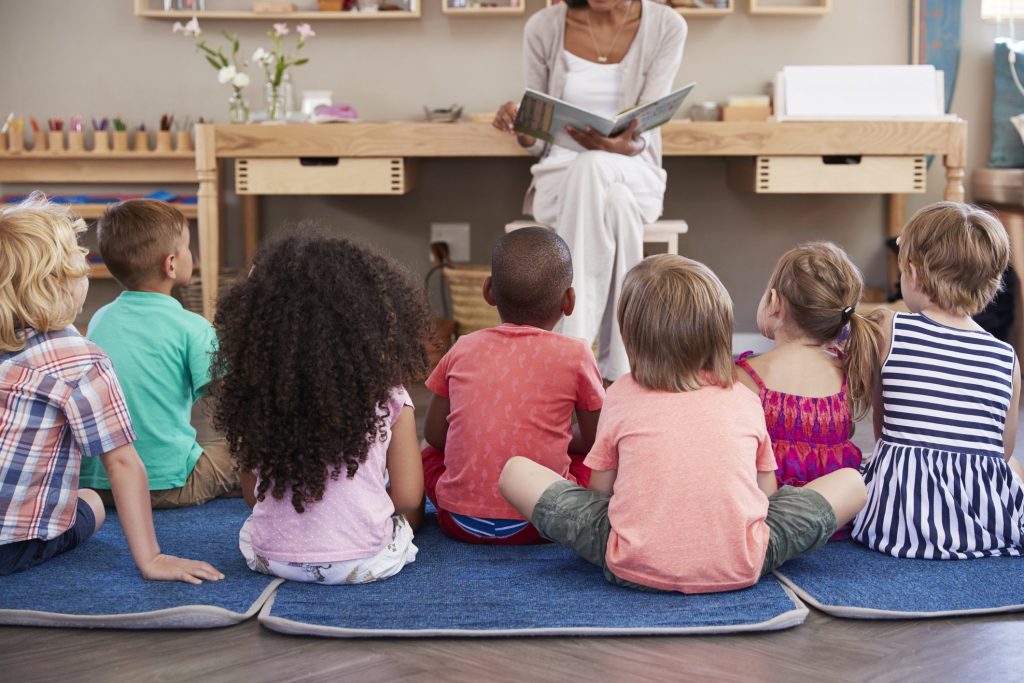A new initiative spurred by the Black Lives Matter movement is looking to introduce reading materials that better represent people of colour to elementary students in Calgary.

The Inclusive Literature initiative was created by university student Madeline Antony after reading about the shortage of representation for Black, Indigenous and people of colour (BIPOC) in current school curriculums.
“My friend and I wanted to be able to help the Black Lives Matter movement in a concrete way and in the numerous petitions that have been going around, one of the ones that really caught my eye was regarding changing the Alberta curriculum,” Antony said.
In reviewing her own schooling experiences, Antony realized there was a gap in the education system that she felt compelled to address.
“Looking back on being in elementary school, race was not a topic that got covered frequently, if at all, and it was definitely not featured in the books we read,” she said. “If anyone knows me, they know how much I love to read and how much books have taught me over the years.
“I now look back and think about how many interesting stories I probably missed by not having BIPOC voices represented in my classrooms.”
Now, Antony is looking to make sure young readers see themselves represented by authors and characters in the books they read at school.
Alberta education has come under fire recently, as questions arose around anti-racism teaching and training in Canada, alongside proper representation of BIPOC history and diversity in current curriculums.
Antony noted that shortage carries over to reading materials in Calgary schools.
“In 2018 77 per cent of books published featured animals or white characters as their focus, leaving 23 per cent to represent all the voices of the BIPOC community, and that’s just for books published, not books bought or distributed in schools,” she said.
With the new initiative, Antony is looking to collect donations from the community to purchase a broader scope of books for elementary schools in the city.
“For many schools buying new books is not always an option and that’s where we want to step in and help provide that newer, more representative reading material.”
Antony noted that allowing youth to see themselves represented in the books they read will have a lasting impact for youth in the city.
“For students from the BIPOC community, this gives them an opportunity to see themselves reflected in the stories they are reading and ensures that every child can find a literary role model that they can relate to,” Antony said.
“For all students, it gives an opportunity to learn from and listen to stories that truly reflect how diverse our world is and how amazing that makes the society we live in.”
The initiative launched on July 1, and so far, Antony said there’s been a positive reaction from the public.
Right now the program is accepting monetary donations and recommendations for inclusive books.
“Following donation collections, we are planning on purchasing books from local books stores or directly from publishers which will then be passed along to classrooms once the teachers return to school in mid-August,” Antony said.
“We are planning on starting with schools in the greatest need for reading materials overall and work our way from there.”
As for books the program is looking to select, Antony said the initiative has an active list being developed of inclusive readings, including I Look Up To… Michelle Obama, Little Leaders: Bold Women in Black History and Hidden Figures.
Antony noted the list has been developed from charities doing similar work around the world and is always open to new suggestions.
“We are happy to add or adapt books based on community or school feedback, as we are not parents nor teachers and this is a learning process for us as well,” she said.
Antony added that Inclusive Literature is looking to buy its first round of books this week and hopes in the future it can expand to host not only monetary donations but book drives as well.
More information on the initiative and how to donate can be found on the program’s website, on Facebook and also through its Instagram page.



Comments